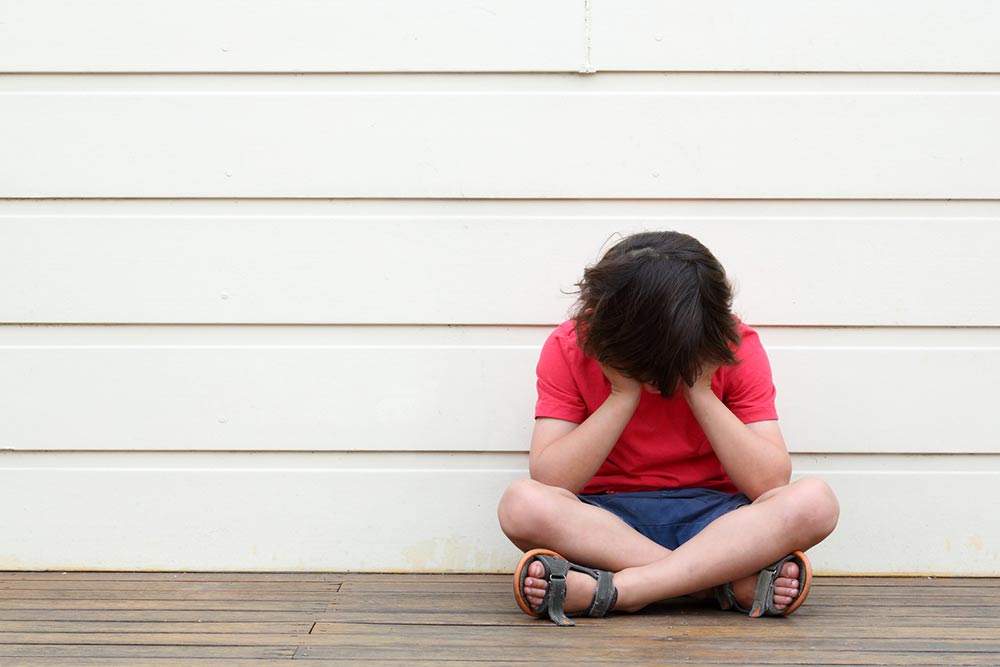9 warning signs of child neglect

Parents and caregivers play an important role in children’s lives by helping them cope with emotions and manage behavior. This is because children often emulate the adults around them. The kind of care that children receive plays a functional role in their development and how they interact with others. Certain situations at home, such as neglect, can impact a child’s behavior. Some common behavioral issues and warning signs that point toward child neglect are discussed below:
1. Frequent emotional outbursts
Children can often be irritable in certain situations. However, it is not the same reaction as that of those who have been neglected. It is natural for children to get cranky when they cannot express what’s bothering them. That said, children who face neglect from their parents or caregivers can become volatile and struggle to regulate their emotions. They might take out their anger on teachers, friends, and peers. Children who are neglected may also find it difficult to connect with their peers and communicate effectively.
2. Absenteeism or drop in academic performance
Emotionally neglected children might also be frequently absent from school. Or, they might have a hard time trying to pay attention and focus in school. This could be due to a lack of a proper sleep schedule.







